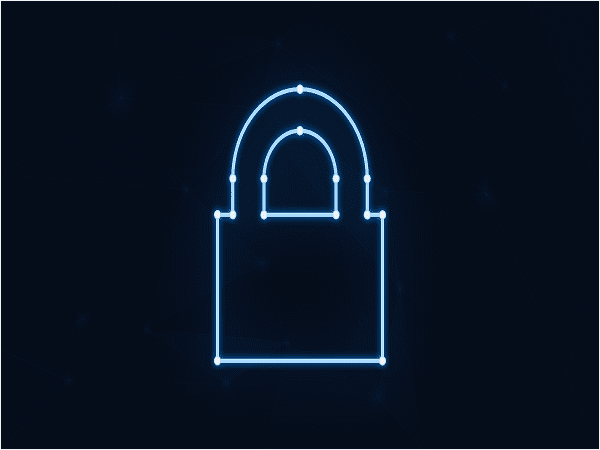Introduction:
In an era dominated by digital advancements, the world of gaming has undergone a revolutionary transformation, transitioning from traditional board games to immersive online experiences. However, with this shift comes the increasing need for robust cybersecurity measures. In this article, we delve into the realm of cybersecurity in internet games, exploring the importance of safeguarding your digital playground and understanding the risks involved.
The Evolution of Gaming:
Gone are the days when gaming meant gathering around a table with friends to play board games. The digital age has ushered in a new era of gaming, where players can connect with others globally through the internet. While this interconnectedness has opened up exciting possibilities, it has also exposed gamers to potential cybersecurity threats.
Understanding Cybersecurity in Gaming:
Cybersecurity in internet games involves protecting the virtual environment from various online threats such as hacking, phishing, and unauthorized access. Just as in the physical world, where one would lock the doors to their home, gamers need to secure their digital spaces to prevent unwarranted intrusions.
Common Threats in the Gaming World:
The online gaming landscape is not without its hazards. Hackers and cybercriminals often target gaming platforms, aiming to exploit vulnerabilities and compromise players’ personal information. Common threats include identity theft, financial fraud, and the compromise of sensitive data.
The Importance of Protecting Your Digital Playground:
As gaming platforms continue to evolve, so do the tactics of cybercriminals. Protecting your digital playground is not just about preventing unauthorized access; it’s about preserving the integrity of the gaming experience. A secure gaming environment ensures that players can enjoy their favorite titles without fear of falling victim to cyber threats.
Securing Personal Information:
One of the primary concerns in online gaming is the safeguarding of personal information. Gamers often create accounts with valuable data, such as email addresses, passwords, and payment information. Cybersecurity measures, including robust encryption and two-factor authentication, play a crucial role in preventing unauthorized access to this sensitive information.
Combatting Phishing Attacks:
Phishing attacks have become increasingly sophisticated, targeting gamers with deceptive emails and messages that mimic legitimate communication from gaming platforms. Education and awareness are key components in combatting phishing attacks, as gamers need to be able to identify and avoid falling victim to these malicious schemes.
Choosing Strong Passwords:
A fundamental aspect of cybersecurity is the use of strong, unique passwords. Many gamers make the mistake of using easily guessable passwords, putting their accounts at risk of unauthorized access. Implementing complex passwords that include a combination of letters, numbers, and symbols can significantly enhance security.
Regular Software Updates:
Gaming platforms and associated software regularly release updates to patch vulnerabilities and enhance security. It is crucial for gamers to stay vigilant and ensure that their gaming systems are updated promptly. Ignoring updates may leave the door open for cyber threats to exploit weaknesses in outdated software.
The Role of Antivirus Software:
Installing reliable antivirus software is a proactive measure to fortify your digital playground. Antivirus programs can detect and remove malicious software, providing an additional layer of defense against potential cyber threats. Regular scans and updates are essential to keep the antivirus software effective.
Online Gaming and Social Engineering:
Social engineering is a tactic often employed by cybercriminals to manipulate individuals into divulging confidential information. In the context of online gaming, this can include tactics like impersonating friends or fellow gamers to gain trust. Gamers should be cautious about sharing personal information and verify the identity of individuals they interact with online.
Transparency in Gaming Platforms:
The responsibility of cybersecurity doesn’t solely rest on the shoulders of gamers. Gaming platforms must also prioritize transparency and communication regarding their security measures. Providing users with information on how their data is protected and what steps are taken to ensure a secure gaming environment fosters trust among the gaming community.
Conclusion:
In the dynamic landscape of internet games, cybersecurity is an integral aspect that should not be overlooked. Protecting your digital playground involves a combination of user awareness, proactive measures, and collaboration with gaming platforms. By implementing robust cybersecurity practices, gamers can continue to explore the vast digital realms without compromising the integrity of their gaming experience. Stay informed, stay secure, and let the digital adventures continue.



































